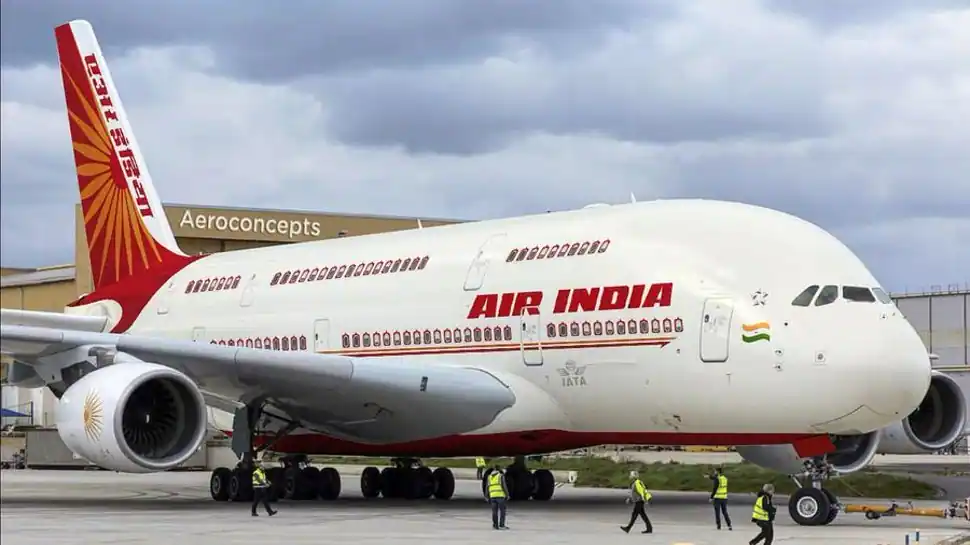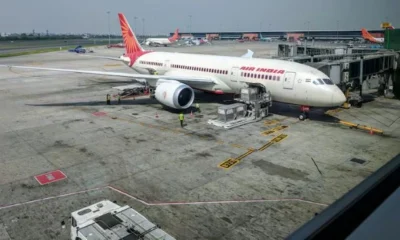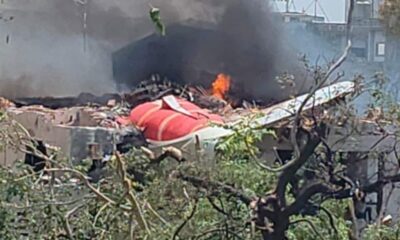Top Stories
Air India flight makes emergency landing at Stockholm after oil leakage, says to send ferry plane to bring stranded passengers
Air India making headlines for all the wrong reasons lately. From leaving passengers behind to losing their path in mid-air, the airlines does it all recently.

Latest world news
India eyes Rs 8,000 crore mid-air refuelling aircraft deal as PM Modi begins Israel visit
India and Israel are in talks for a Rs 8,000 crore deal to convert six Boeing 767 jets into mid-air refuelling aircraft for the Indian Air Force.
India News
MK Stalin predicts frequent PM Modi visits to Tamil Nadu before assembly election
MK Stalin has said Prime Minister Narendra Modi will visit Tamil Nadu more often ahead of the Assembly election, calling the tours politically motivated and questioning the Centre’s support to the state.
Latest world news
PM Modi to begin two-day Israel visit, defence and trade in focus
PM Narendra Modi begins a two-day Israel visit aimed at strengthening defence cooperation, trade ties and upgrading bilateral relations to a special strategic partnership.
-

 Latest world news21 hours ago
Latest world news21 hours agoTrump says tariffs will replace income tax, criticises Supreme Court setback in key address
-

 Latest world news21 hours ago
Latest world news21 hours agoTrump repeats claim of averting India-Pakistan nuclear war during Operation Sindoor
-

 Latest world news20 hours ago
Latest world news20 hours agoPM Modi to begin two-day Israel visit, defence and trade in focus
-

 India News20 hours ago
India News20 hours agoShashi Tharoor questions Centre over Kerala name change to Keralam
-

 India News12 hours ago
India News12 hours agoMK Stalin predicts frequent PM Modi visits to Tamil Nadu before assembly election
-

 Latest world news11 hours ago
Latest world news11 hours agoIndia eyes Rs 8,000 crore mid-air refuelling aircraft deal as PM Modi begins Israel visit
















